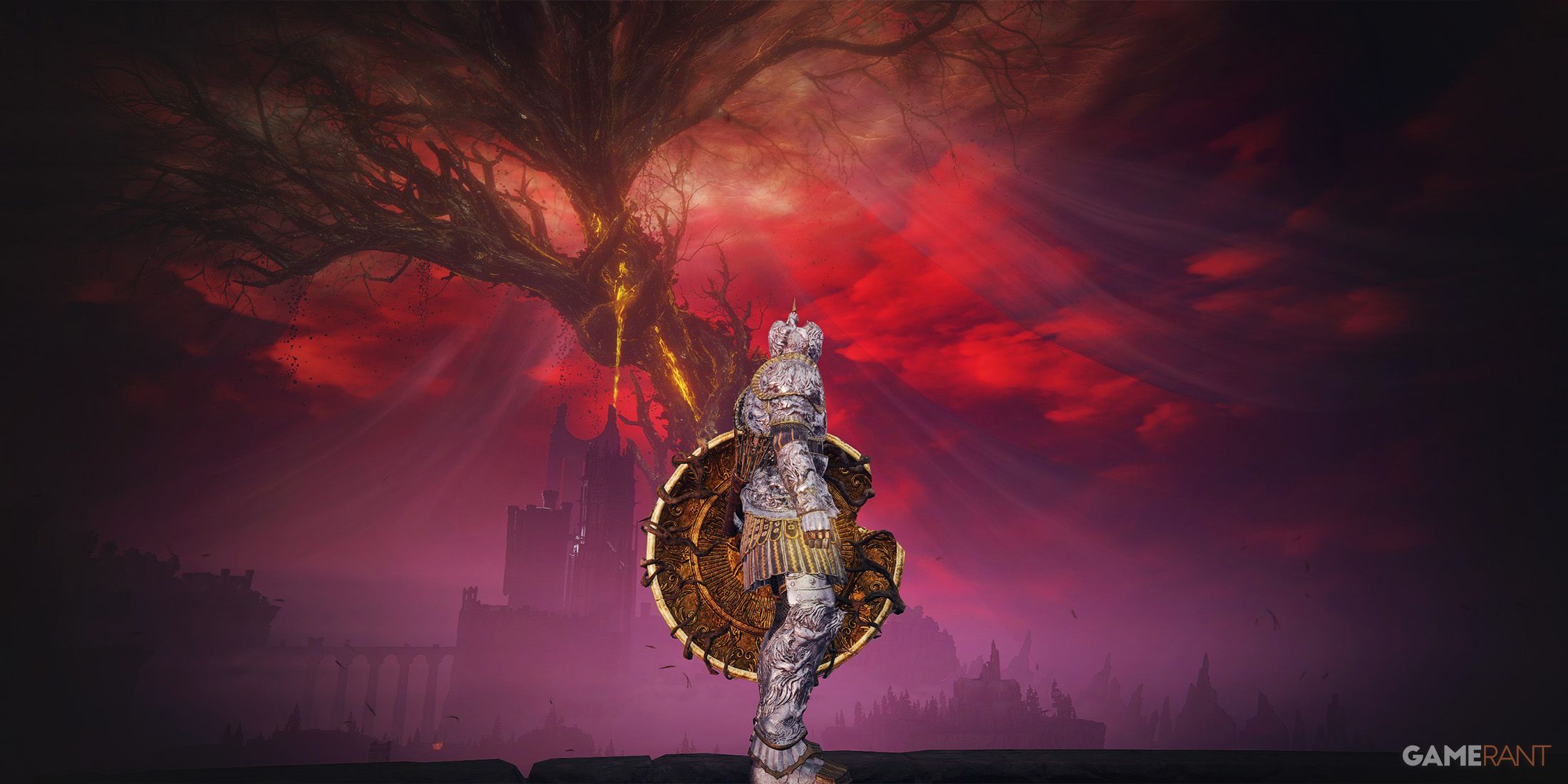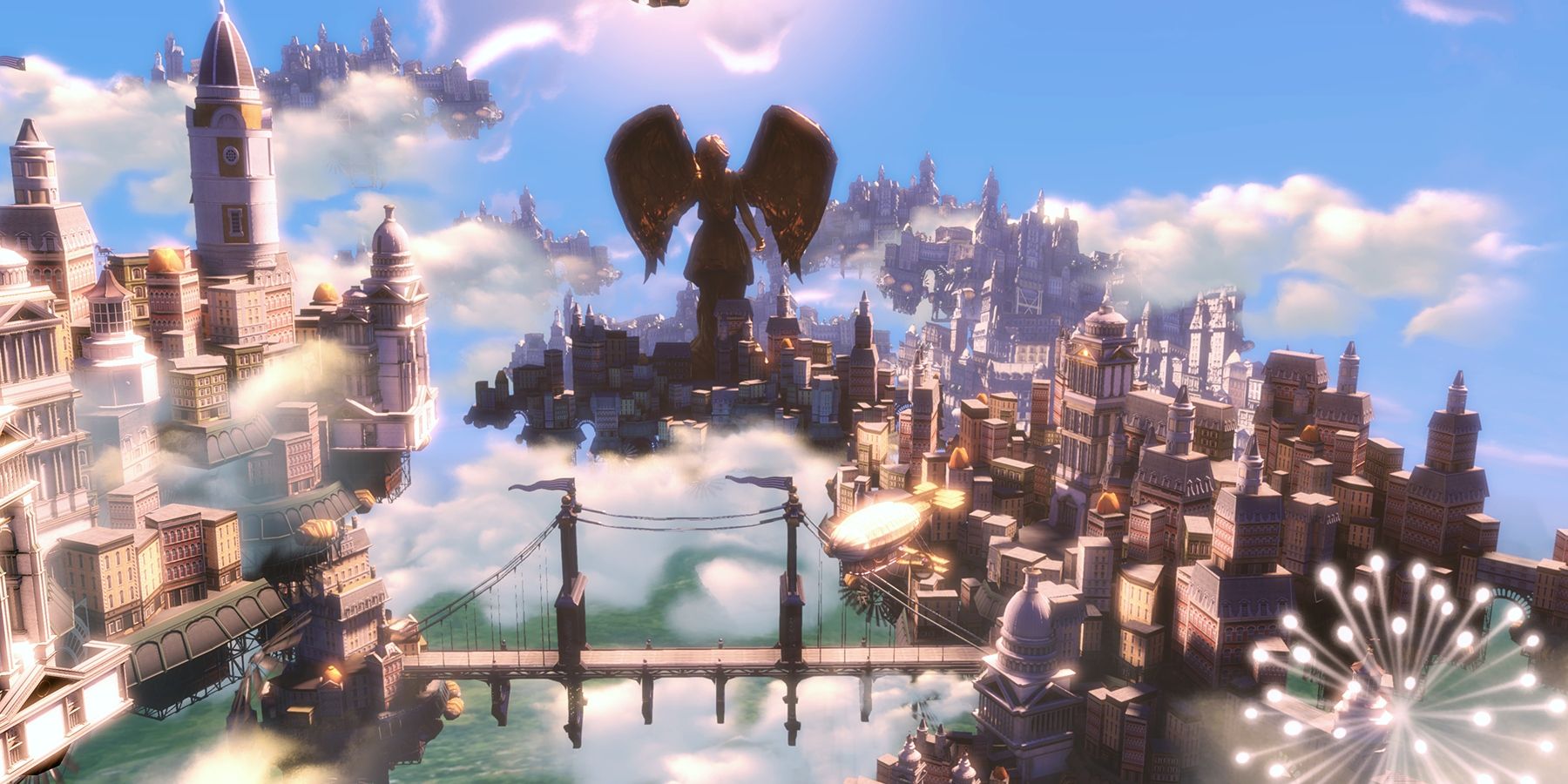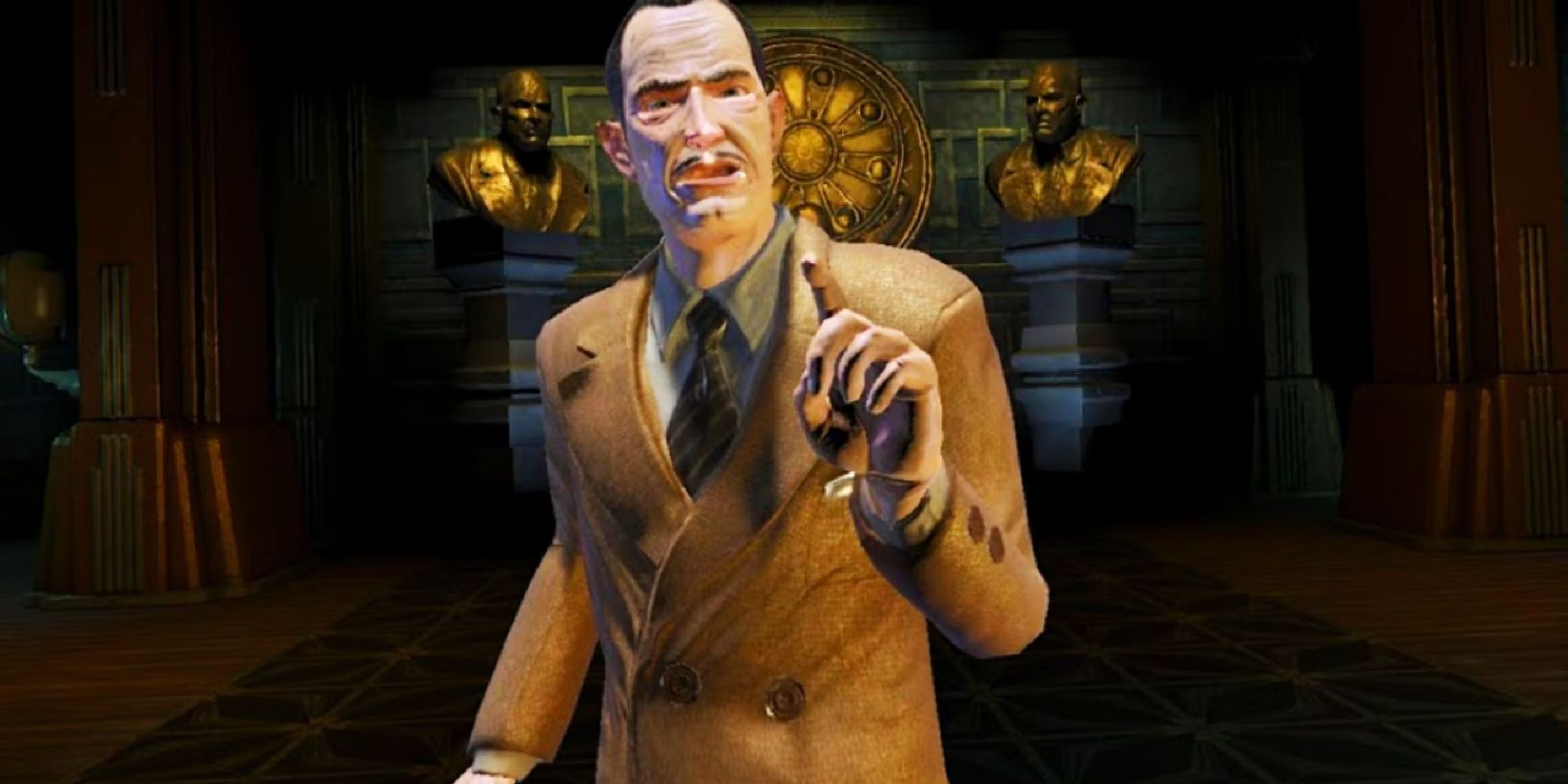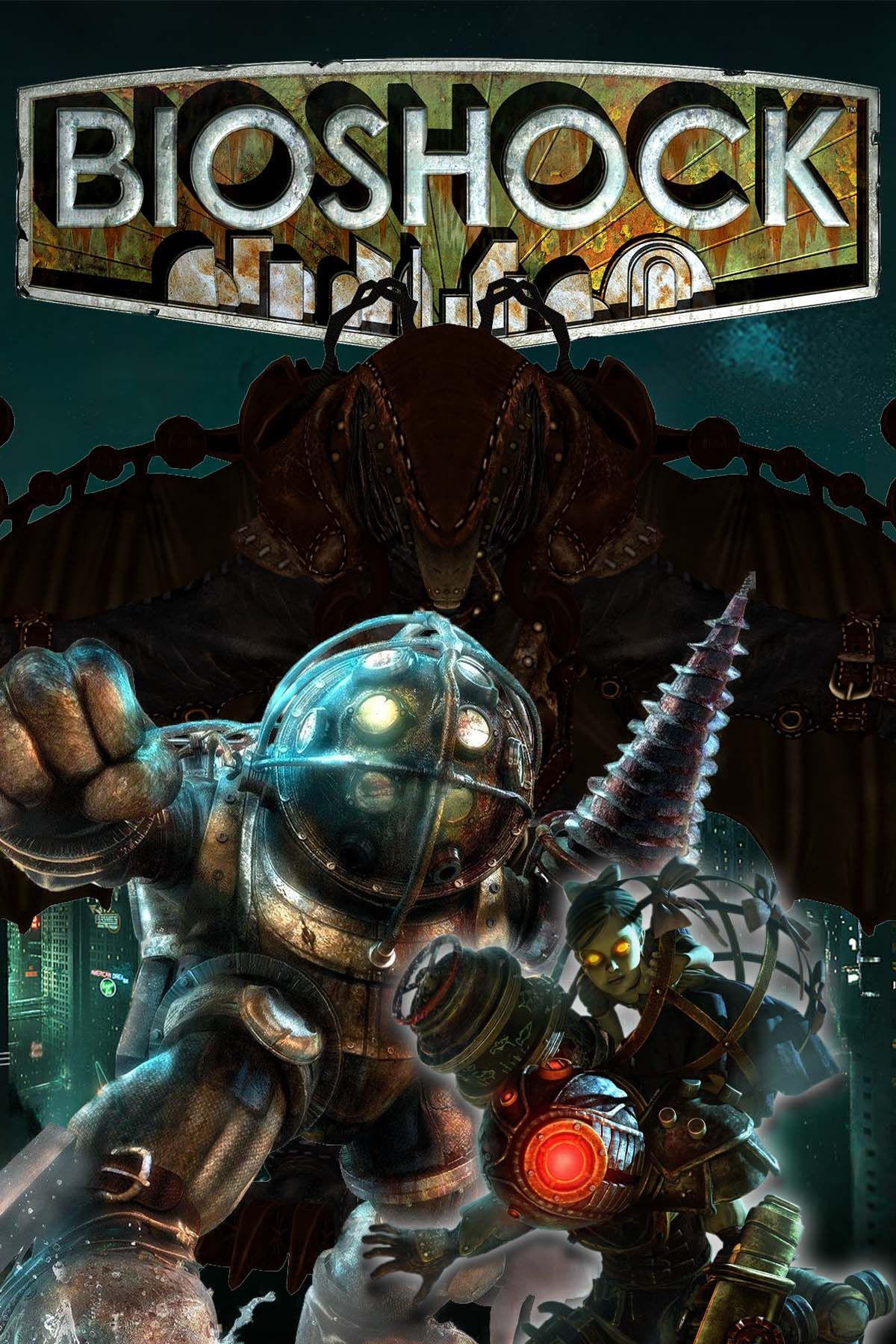Highlights
- BioShock 4 has the opportunity to explore more complex philosophies, moving away from the relatively modern ideologies of Rapture and Columbia.
- The game could draw inspiration from Eastern religions like Buddhism and Taoism, allowing for exploration of how individuals can corrupt and manipulate these philosophies for their own selfish goals.
- Futurism could be another avenue for the game to explore, focusing on concepts like transhumanism, cybernetics, and solutions to overpopulation and climate change.
Exactly what BioShock 4 will look like is unclear. It's likely that many of the gameplay mechanics of previous BioShock entries will make a return, and the game's narrative, game structure, and world-building will probably retain some of the original flavor as well. That said, it's been over a decade since the last BioShock, and changes should be made to a number of the series' staple characteristics, including its philosophical backdrop.
BioShock has always been concerned with philosophy and ethics. Rapture, the setting of the first two games, was heavily influenced by the works of Ayn Rand and the philosophy of objectivism, which is an ethical framework that can be loosely defined as extreme egoism and self-centeredness. While everything about Rapture, from its characters to its distinct architecture, was designed with Randian objectivism in mind, BioShock Infinite's steampunk city of Columbia is a bit less stringent when it comes to its real-world philosophical influences, drawing upon various ideologies, including Puritanism and determinism, to create a more original, albeit less cohesive, fictional society.
Where BioShock 4 Could Go With Its Philosophy
As interesting as Rapture and Columbia are, they are both based on relatively modern ideologies. Rapture is essentially completely atheistic and anti-spiritual, focusing on advancements in biology and civic engineering and thus mirroring most post-enlightenment Western societies. Columbia is far more religious, but it emulates 19th and 20th century US society in a way that makes it feel familiar to Western audiences, despite its obvious fantastical elements. BioShock 4 has a unique opportunity to explore even more complex philosophies and offer fresh takes on them.
BioShock 4 Can Tackle Eastern Philosophy
All BioShock games focus on moral dilemmas and ethical issues that are central to modern Western society—something that is evident in the games' decision to adapt the philosophies of Western thinkers like Rand. This is fertile ground for philosophical exploration, but looking to other schools of thought, from other parts of the world, could be just as interesting.
Eastern religions such as Buddhism and Taoism could inspire a future BioShock game. For instance, Buddhism places a heavy emphasis on death, rebirth, and the impermanence of the material world, and it would not be too hard to imagine how these broad ideas could be adopted and corrupted by an ambitious maniac like Andrew Ryan or Zackary Comstock, using them as justification for a disregard of human life. This could work no matter where BioShock 4 takes place, and the game could use real art, music, architecture, and people as inspiration when designing its world, similar to how the first BioShock pulled from history with Rapture and Columbia.
BioShock 4 could comment on how individuals can twist Eastern religions to fit their own corrupt goals without criticizing the religions themselves. This would mirror the way that BioShock Infinite's villains leverage coded Abrahamic religious ideas for selfish reasons, though the game never explicitly or directly critiques Christianity, Judaism, or Islam.
BioShock 4 Can Adapt Futurism
If Cloud Chamber wants to move away from religious commentary after BioShock Infinite, then perhaps futurism would serve as an exciting avenue to explore. Of course, elements of futurism are explored in the original trilogy, especially the first two games, but BioShock 4 has a chance to focus on more central futurist ideas, such as transhumanism, cybernetics, and solutions to overpopulation and climate change. Rather than superhuman powers stemming from genetic engineering like in BioShock and BioShock 2, they could come from electronic implants and advanced prosthetics, giving the gameplay a more gritty and tangible feel that would pair nicely with futurist and cyberpunk ideas.
The BioShock world, especially with the introduction of the multiverse in BioShock Infinite, contains virtually endless possibilities when it comes to exploring different philosophies. Since philosophical commentary sits at the core of BioShock's identity, setting it apart from other popular first-person shooters, it will be important for BioShock 4 to add to the conversation by tackling bold and unique ideas.






